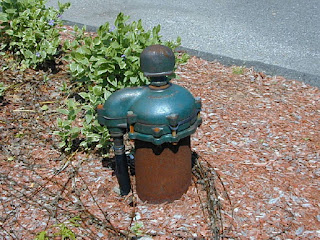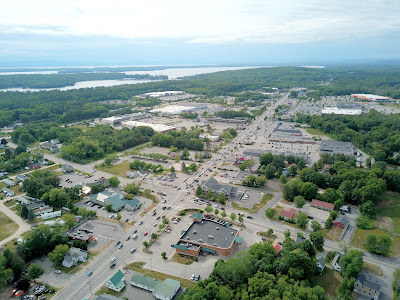It is rewarding to watch your children grow up, begin careers and families, and settle into their own homes. But when there are only one or two people left in a large family sized house, you can be left with equally large mortgages, taxes, other monthly bills, and home maintenance projects. Downsizing your home is an excellent way to get relief from these burdens. In fact, it can be a rewarding change that makes your life easier (and a lot more fun).
\Here are some of the many benefits of downsizing:
Downsizing lowers the cost of upkeep, insurance, mortgage bills and utility bills. Smaller homes and properties have smaller roofs to repair, less landscaping to maintain, and lower home insurance rates, as well as lower heating and cooling bills. This means that in addition to your new home costing less overall, you’ll also have lower monthly bills for many of the things that come with home ownership.
Downsizing boosts your retirement income with property sale profits. One of the biggest retirement downsizing benefits is that you may be able to profit significantly from selling your home and purchasing a smaller one. Alternatively, you can use the proceeds toward a smaller home or condo.
Downsizing reduces your property taxes. Smaller homes generally come with smaller property tax bills. Depending on the current tax rates in your state or the state you’re moving to, you could save considerable amounts of money by joining a smaller property tax bracket.
Downsizing removes the stress of maintaining your home. Moving into a smaller home on a smaller plot of land can make upkeep much easier and less worrisome.
No matter what your age, you have to ensure that your home is cleaned, maintained and paid for – whether you do the work yourself or pay someone else to do it. Fixing broken shingles on a roof and making sure a large yard is constantly mowed can be exhausting. If you’ve reached the stage where you feel overwhelmed or just think you could better use your time or money, it’s time to go smaller.
You will enjoy more free time when you don’t have to spend hours cleaning, mowing the lawn and maintaining your home.
Bigger is not always better. If you can’t remember the last time that you walked into your guest bedroom except to dust, then you should consider downsizing. If these spare rooms do nothing but collect dust, they may be a waste. Unused rooms still end up costing money not only in property taxes and eventual maintenance (leaky roofs, peeling paint, etc.) but also in that they must be heated and cooled, using up unnecessary electricity, gas or oil.
Before you make the decision to downsize it would be a good idea to take a look at what the real estate market is doing in your area. Consult with a Realtor that specializes in your area. One that can give you a market analysis on what your current home is worth.
Start looking at homes for sale in the area you desire to move to. You should do some calculations and research first. It would also be a good idea to meet with your CPA to see if the decision to downsize is financially sound.
Realtors are a great resource, and most are more than happy to give advice or refer you to someone to help make decisions on which changes, repairs and upgrades to make. Take some photos and send them to someone you have worked with and trust and ask them what they think you could do to improve your home.
Your time in your home is always very productive and satisfying whether you decide to stay or sell. <
Carrie Colby is a Broker with Allied Real Estate, 909 Roosevelt Trail in Windham. She can be reached at 207-232-5497.





